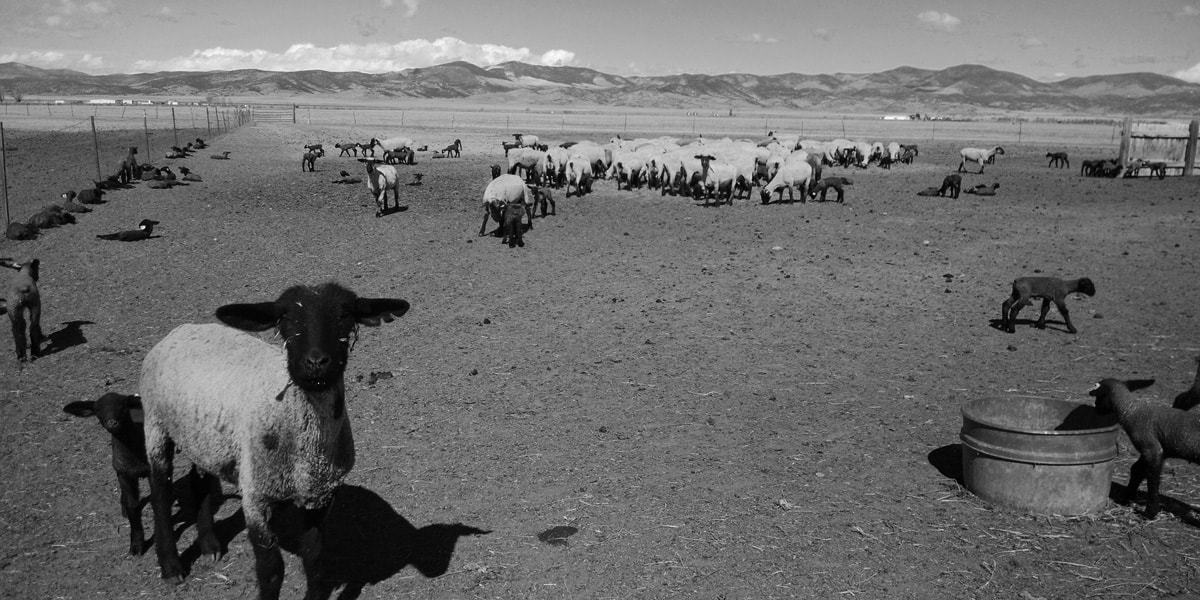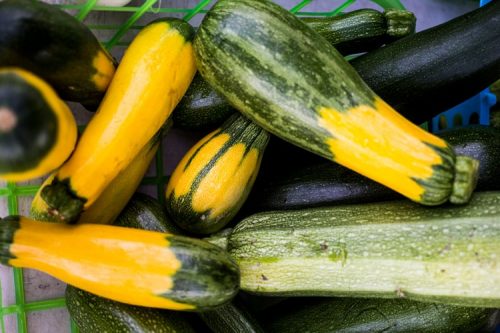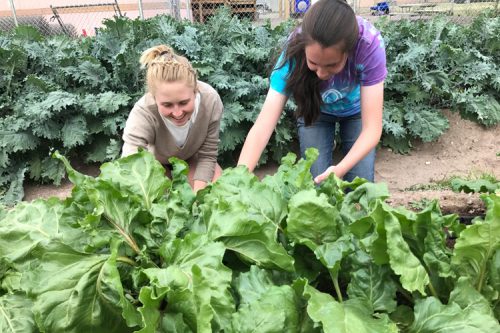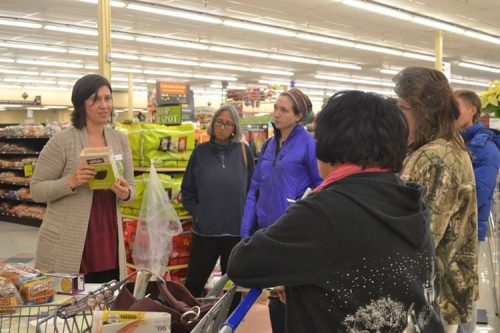
Food Studies Program Highlight
Community Partners
The Food Studies program fosters connections with local and regional community members and businesses who help ensure that students have access to internships and opportunities relevant to their Food Studies program. These partners help make the Food Studies program a success: Rio Grande Farm Park, SLV Local Foods Coalition, Valley Roots Food Hub, Gosar Ranch Natural Foods and Rockey Farms.
Food Studies Program Outcomes
$12 Billion
US local food industry earnings; growing at 14% annually
180%
Increase in Farmer’s Markets, 288% increase in local food hubs
$6 Trillion
Global industry, 10% of the global economy

Food Pantry
CoRE created a Food Pantry to help meet the needs of students. The food pantry is located in the CoRE Center, on the north end of the Student Union Building.

Adams Community Garden
Students, faculty and staff work in the campus community garden. The garden is located on north campus, next to the Gingerbread House. Contact CoRE for more information!



